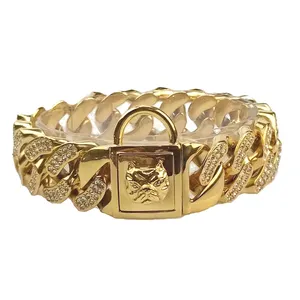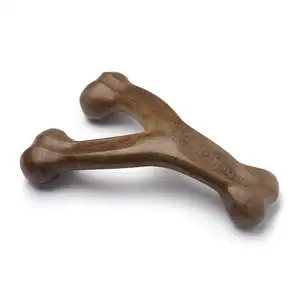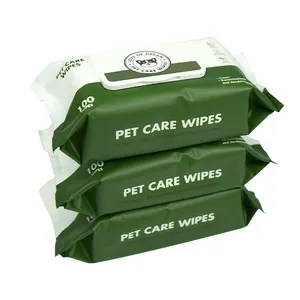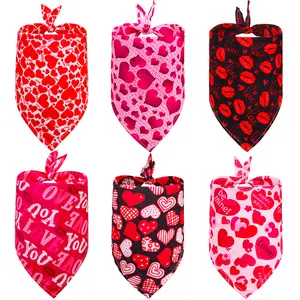Popular in your industry
































































Related Searches:




































































































































Top categories
About dog choke chain training collars
Dog Choke Chain Training Collars: An Overview
Training your canine companion requires the right tools, and dog choke chain training collars are a traditional choice for many trainers. These collars, designed to provide control and correction during training sessions, come in various materials such as polyester, plastic, and alloy, catering to different preferences and needs.
Types and Materials
The variety of dog choke chains includes options that are sustainable, stocked, and feature a quick-release mechanism. Materials range from durable polyester, which offers a lightweight feel, to sturdy alloys for increased strength. Plastic choke collars provide a middle ground, balancing durability with comfort.
Design Features
Beyond functionality, these collars come with decorative elements like ribbons, bowknots, and small bells. They are not just training aids but also fashion statements for your pet. Designs vary from simple animal motifs to intricate striped or floral patterns, ensuring that there's a collar to suit every dog's personality.
Applications and Effectiveness
Choke collars for dogs are primarily used for training purposes, particularly for teaching leash manners and correcting unwanted behavior. Their effectiveness lies in the controlled constriction, which gently discourages the dog from pulling or being overly aggressive.
Advantages of Choke Collars
When used correctly, choke collars for training can be a valuable tool. They offer a level of control for the handler and can be an effective training aid when other methods have failed. The quick-release feature present in some collars adds a safety aspect, allowing for immediate release if necessary.
Choosing the Right Collar
Selecting the appropriate training choke collar is crucial. It's important to consider the size and temperament of your dog, as well as the specific training goals you have in mind. While these collars can be helpful, they should be used with guidance from a professional trainer to ensure safe and humane training practices.





































